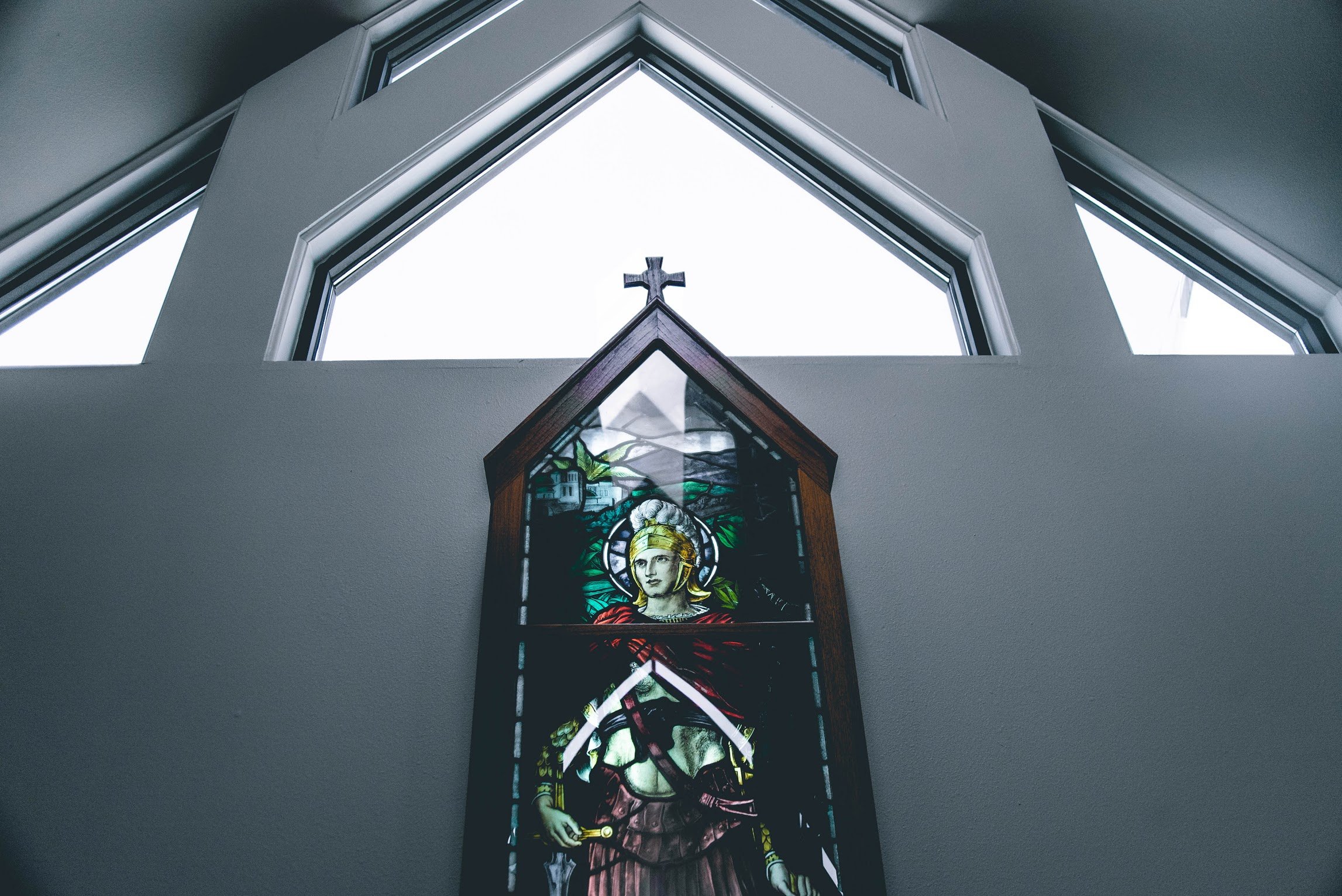
“I worship and adore the true living God who created all things."
— ST. ALBAN THE MARTYR
OUR PARISH
Our Story
Saint Alban’s was the first Anglican parish to be established in Arlington, Texas. The first services were held on January 12, 1947, with sixteen people present. In the earliest days, services were held in private residences, at the First Christian Church, and even at a local dance hall. In 1951 our first church building was erected and now serves as the parish hall.
In 1954, under the direction of Fr W. Harrison Beste, Saint Alban’s was admitted to union with the Diocese of Dallas as a self-supporting parish. A parochial school began in 1958 and served the Arlington community until 2007.
Since Fr Beste, the parish has been served by a number of talented rectors, assistant clergy, and staff members. Saint Alban’s continues to be a cardinal parish, leading the way for ministry and mission in the Arlington area.
St Alban’s Anglican Church is a parish in the Episcopal Diocese of Fort Worth and a member of the Anglican Church in North America.
What is Anglicanism?
We are Anglicans because our traditions of prayer and worship are rooted in the unique expression of Christianity, which developed out of the Church in England. This expression is given particular voice in the Book of Common Prayer, the King James Version of the Bible, and our hymnody. (Many of your favorite hymns were probably written by Anglicans!)
Anglicans are catholic Christians because we believe and practice the universal or catholic faith of the Church. We do not hold any faith except “that which has been believed at all times, and in all places, and by all.” (St Vincent of Lerins) Jesus entrusted to his Church the fullness of truth, and the promise of new life with him through the indwelling of the Holy Spirit. We are inheritors of this new life, which is lived out especially in the sacraments given by Christ: Baptism, the Holy Eucharist, Confirmation, Confession, Unction, Marriage, and Ordination. The doctrine of the Christian Church is expressed clearly in the Holy Scriptures, the historic Creeds (Apostles’ Creed, Nicene Creed, and Athanasian Creed), and the decisions of the Seven Ecumenical Councils. As the 99th Archbishop of Canterbury, Geoffrey Fisher, once said about the Anglican Church, “We have no doctrine of our own—we only possess the catholic doctrine of the catholic Church enshrined in the catholic creeds, and those creeds we hold without addition or diminution. We stand firm on that rock.” Anglicanism may perhaps be rightly described as reformed catholicism, taking the best from both the western catholic tradition and the scriptural emphasis of the Reformation. We believe that the church is in need of continual renewal and reformation, always calling us back to the central mysteries of the Christian faith.
The Anglican Church traces its origins to Jesus Christ as her founder and head. Christianity was brought to England just a few decades after Jesus’ resurrection and ascension by missionaries who were intent on spreading the Gospel to all corners of the earth. There it developed its own unique spirituality and devotional life. The English Church has given the world some of her most cherished saints: Patrick, Thomas Becket, Hilda, Anselm, and Alban. In more recent times, notable Anglicans include John Donne, C.S. Lewis, William Wilberforce, and the Martyrs of Uganda. Although the English Church was first the recipient of missionaries, she soon became a major contributor for missionaries around the world. The Anglican expression of the catholic faith has taken root in Hawaii, India, central Africa, the Caribbean, Japan, and everywhere in between because of the courageous evangelistic zeal of countless churchmen.
Anglicans continue to spread the good news of Jesus Christ throughout the world and offer divine life to those who choose to follow him.
Who is St Alban?
Alban is the earliest Christian in Britain who is known by name and, according to tradition, the first British martyr. He was a soldier in the Roman army, stationed at Verulamium, a city now called St. Alban’s. He gave shelter to a Christian priest who was fleeing from persecution and was converted by him. When officers came to Alban’s house, he dressed himself in the garments of the priest and gave himself up. Alban was tortured and martyred in place of the priest on the hilltop where the Cathedral of St. Alban’s now stands. The traditional date of his martyrdom is 303 or 304, and his feast day is June 20th.
St Bede gives this account of Alban’s trial: “When Alban was brought in, the judge happened to be standing before an altar, offering sacrifice to demons… ‘What is your family and race?’ demanded the judge. ‘How does my family concern you?’ replied Alban; ‘If you wish to know the truth about my religion, know that I am a Christian and am ready to do a Christian’s duty.’ ‘I demand to know your name,’ insisted the judge. ‘Tell me at once.’ ‘My parents named me Alban,’ he answered, ‘and I worship and adore the living and true God, who created all things.’”
Saint Alban the Martyr, pray for us!
Sections taken from Lesser Feasts and Fasts 2018.

